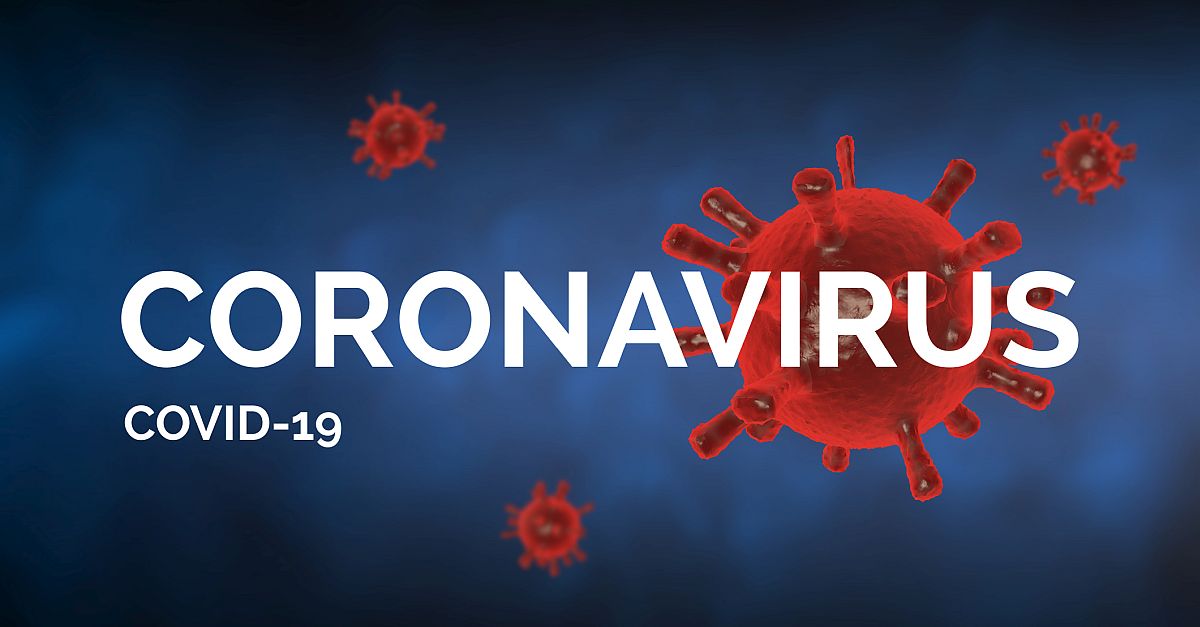As SARS-CoV-2 infections have surpassed 1 million cases globally, healthcare systems and professionals are challenged with effectively caring for patients with COVID-19. As the medical community mobilizes to meet the emerging needs, and non-essential surgeries and myelosuppressive therapies are being delayed, oncologists and patients with cancer are faced with the question of whether to proceed with treatments as planned, skipping some treatments, or delaying surgical and radiologic interventions. To mitigate the risk of disease deterioration in these patients, an article in JAMA Oncology details 4 guidelines implemented by the National Cancer Center/Cancer Hospital, Chinese Academy of Sciences to ensure patients with cancer receive necessary treatment while preventing infection by SARS-CoV-2 during the initial stages of the outbreak:1) Enact increased temperature testing of individuals entering the hospital and record keeping of travel and contact history
2) Enhance accessibility for patients to make appointments and receive consultation online to ease the load of hospitals
3) Test and keep records for admitted patients with symptoms of COVID-19
4) Switch infusion treatments to orally administered drugs if available and adjust infusion schedules depending on the patient’s condition
These protective measures enacted in China aimed to protect staff and patients while ensuring effective anticancer therapy in the context of competing risks for SARS-CoV-2 infections. Current recommendations from the American Society of Clinical Oncology are consistent with the 4-step approach adopted in China and contain additional guidance on implementation in US practice settings.
High Altitude: This article chronicles the early steps implemented by the National Cancer Center/Cancer Hospital, Chinese Academy of Sciences in the context of the SARS-CoV-2 epidemic, which has now been stemmed in China. As recently published, outcomes of COVID-19 disease are especially poor in patients with cancer. Experts will need to interpret these data and recommendations to effectively balance the concurrent risks of cancer progression and SARS-CoV-2 infection to establish new best practices at their institutions on the basis of local/regional prevalence of the virus and patterns of spread within the communities.
Ground Level: Until the spread of SARS-CoV-2 has been reduced or more effective prophylaxis is in place, oncologists worldwide face many challenges balancing the benefits of cancer therapies and the risk of COVID-19 disease. This article chronicles successful practices enacted by the National Cancer Center/Cancer Hospital, Chinese Academy of Sciences to adjust patient treatment practices to reduce risk of SARS-CoV-2 infection while maintaining high quality of care. Further guidance by health authorities and cancer societies is emerging, such as materials from the American Society of Clinical Oncology, to further guide oncologists to strike this balance within their local practices and personalize care for individual cancer cases.

